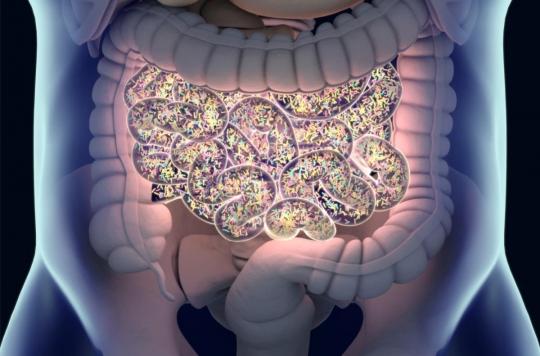Consuming rye bread would be beneficial for our intestinal health. By favoring this fiber-rich food, you reduce the risk of suffering from bloating or constipation.

- From a nutritional point of view, it is less advisable to eat white bread, because the latter contains more sugar and additives intended to improve the conservation.
- People who are gluten intolerant can eat bread made from spelled, buckwheat, quinoa, rice, corn or even chestnut flour.
White, wholemeal, sourdough… Which bread should be used to maintain a healthy intestinal microbiota? To answer this question, scientists from the Swedish University of Agricultural Sciences in Uppsala, Sweden, carried out a study. To carry out their work, they recruited 242 people between the ages of 30 and 70. The researchers asked the participants to eat different breads, namely products rich in rye, cereals made from refined wheat, rolled rye flakes and wheat semolina for 12 weeks.
The authors’ aim was to examine the effects of different breads on gut microbiota composition and plasma fatty acids, as well as the potential association with weight loss and metabolic risk markers. For this, they analyzed the stool samples of the volunteers.
Eating rye bread is associated with better gut health
According to results recently published in the journal Nutrients, “rye, compared to wheat, induced some changes in the composition of the gut microbiota, including an increase in the abundance of butyrate-producing Agathobacter and a reduction in the abundance of the group [Ruminococcus] torques, which may be related to reduced inflammation.”
Clearly, thanks to its richness in fiber, rye bread makes it possible to produce more bacteria, such as butyrate which induces the fermentation of carbohydrates. This greater production of microorganisms in the intestines would be associated with a reduction in bloating and constipation. “This study confirms the growing body of evidence suggesting that the gut microbiota may mediate the beneficial health effect of whole grains and grain fiber,” concluded the scientists.












-1610714285.jpg)


